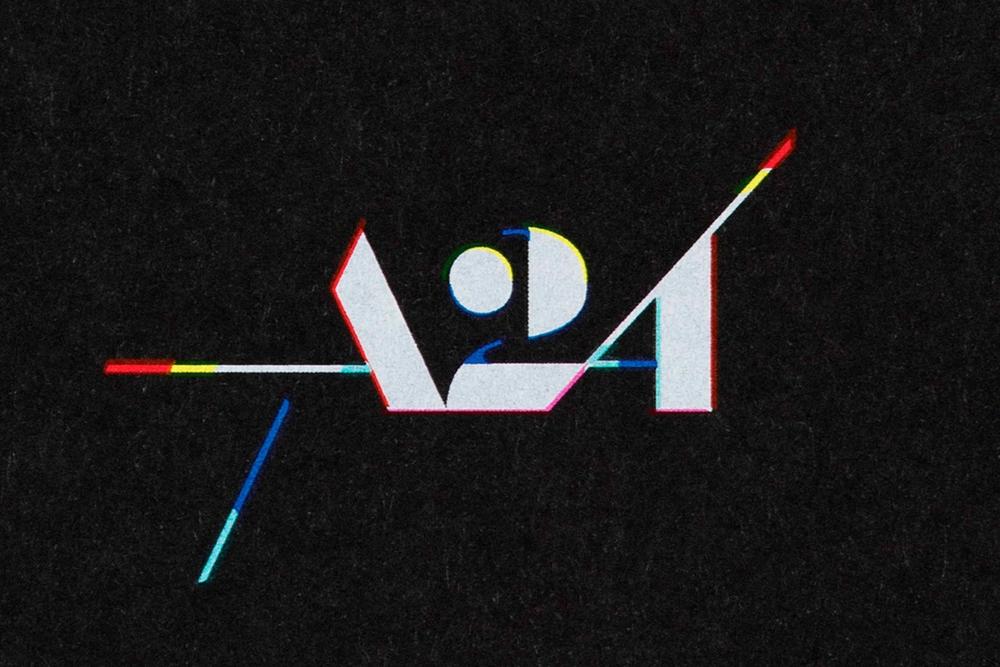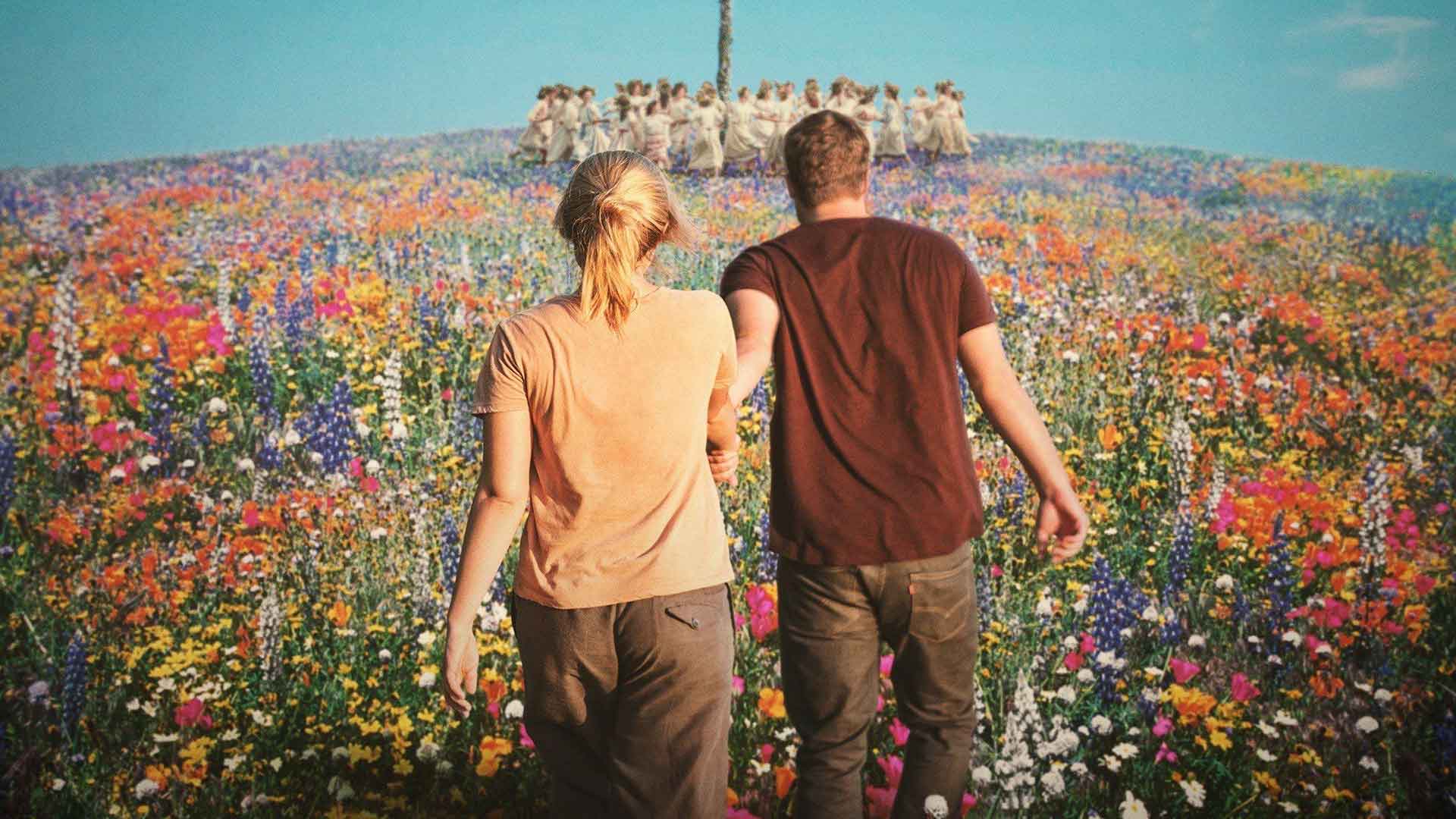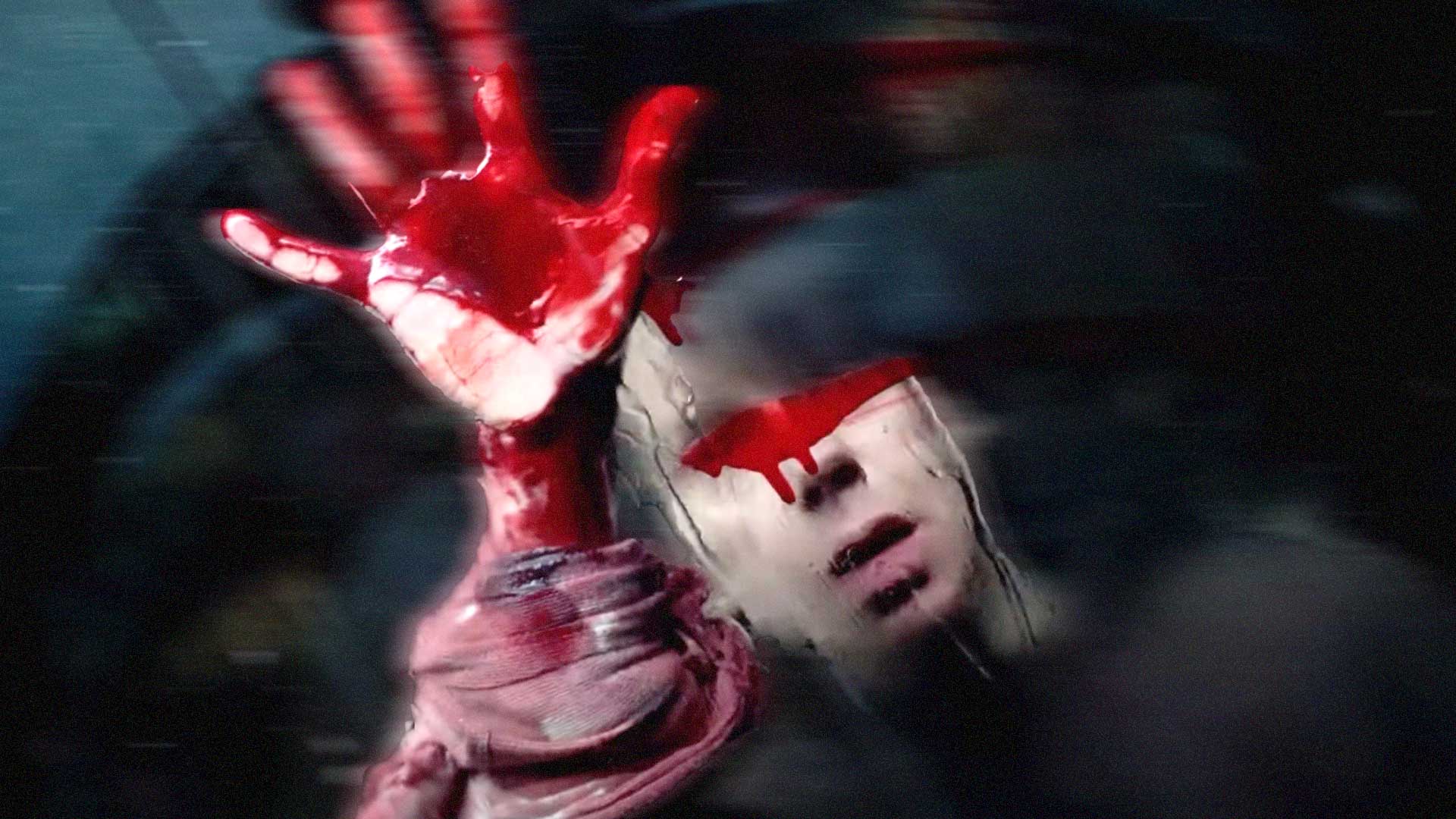 Since its founding in 2012, A24 has emerged as one of the most influential forces in modern independent cinema. By prioritizing bold storytelling, supporting visionary directors, and cultivating a strong cultural brand, the New York-based studio has not only transformed the indie film landscape but also redefined what it means to succeed outside the Hollywood mainstream. With a slate of acclaimed, risk-taking projects and a loyal following, A24 has helped bring auteur-driven filmmaking into the center of popular conversation, reshaping both the business and artistry of contemporary film.
Since its founding in 2012, A24 has emerged as one of the most influential forces in modern independent cinema. By prioritizing bold storytelling, supporting visionary directors, and cultivating a strong cultural brand, the New York-based studio has not only transformed the indie film landscape but also redefined what it means to succeed outside the Hollywood mainstream. With a slate of acclaimed, risk-taking projects and a loyal following, A24 has helped bring auteur-driven filmmaking into the center of popular conversation, reshaping both the business and artistry of contemporary film.
A24 was founded by Daniel Katz, David Fenkel, and John Hodges with the goal of creating a home for boundary-pushing, auteur-driven projects that might otherwise struggle to find backing from major studios. The founders brought industry experience with them—Katz was formerly head of film finance at Guggenheim Partners, while Fenkel co-founded Oscilloscope Laboratories, and Hodges worked at Big Beach Productions. From the outset, A24’s mission was clear: elevate original voices and take creative risks that traditional Hollywood studios often avoid.

Their early releases, including Spring Breakers (2013) and The Bling Ring (2013), immediately signaled a unique curatorial eye. These were films with style and provocation, directed by auteurs (Harmony Korine and Sofia Coppola) and centered around youth, subcultures, and identity—core themes that would echo throughout A24’s catalog.
A24’s breakout moment came with the release of Ex Machina (2015), Alex Garland’s cerebral sci-fi thriller that garnered strong reviews and an Academy Award for Best Visual Effects. This was followed by the studio’s crowning critical achievement: Moonlight (2016), directed by Barry Jenkins. A deeply personal, quietly radical film about Black queer identity, Moonlight defied industry norms and ultimately won the Oscar for Best Picture after a now-infamous onstage mix-up. It was a watershed moment, signaling that films with unconventional narratives, low budgets, and intimate storytelling could compete at the highest level.
Subsequent successes—Lady Bird (2017), Hereditary (2018), The Lighthouse (2019), and Uncut Gems (2019)—further cemented A24’s reputation. The studio became synonymous with “elevated” or “arthouse” genre films: horror movies with emotional depth, comedies with existential weight, and dramas told through unexpected perspectives. These films didn’t just succeed critically—they often found impressive commercial success for indies, cultivating a loyal audience of cinephiles and young people hungry for originality.

What distinguishes A24 is its unwavering support for directors’ creative visions. The studio has helped launch or bolster the careers of some of the most exciting filmmakers working today, including: Ari Aster, with Hereditary and Midsommar—two operatically tragic horror films. Robert Eggers, whose The Witch and The Lighthouse pushed the horror genre into stark historical territory. Greta Gerwig, whose debut Lady Bird captured coming-of-age with rare precision and warmth. The Daniels (Daniel Kwan and Daniel Scheinert), whose Everything Everywhere All at Once became an unlikely smash hit and Academy Awards juggernaut. By giving auteurs the freedom to explore complex themes—grief, identity, isolation, spirituality, absurdity—A24 created a space where commercial and artistic integrity could coexist.
Beyond film, A24 has cultivated a unique and powerful cultural brand. Their marketing is minimalist yet distinctive, often relying on moody visuals, cryptic trailers, and social media savvy. The company has built an identity that speaks directly to Gen Z and millennial audiences: cool, artsy, ironic, and intimate.
A24’s merch—including limited-edition screenplays, clothing, zines, and even candles—has become collector-worthy. Their Instagram presence is curated and clever, and they’ve capitalized on the fandom surrounding their projects in ways few other studios have. They’ve even produced coffee-table books and sold out curated Blu-rays through their own online shop.
A24 has also made a notable push into television, co-producing HBO’s Euphoria, which became a cultural touchstone for Gen Z. Their involvement in Beef (Netflix, 2023) added another major hit to their growing list of TV successes. These projects bring the studio’s core identity—visually striking, emotionally raw storytelling—into serialized formats.
As streaming services and IP-driven franchises dominate the mainstream, A24 continues to prove there is a hungry audience for originality and vision. They’ve begun to expand into larger-budget projects, international co-productions, and even franchise-adjacent content, like the upcoming Crystal Lake (a Friday the 13th prequel series). Yet their core ethos remains rooted in independence and experimentation. A24 also reflects broader shifts in the industry: a return to smaller-scale, filmmaker-led storytelling and an emphasis on inclusivity and cultural specificity. Their success challenges the assumption that only high-concept, mega-budget properties can capture public interest.
 A24’s rise over the past decade marks a profound shift in the film industry. By championing directors, embracing risk, and redefining the aesthetics of independent cinema, A24 has not only disrupted Hollywood norms but also helped restore faith in storytelling as an art form. In doing so, they’ve cultivated a new kind of cultural capital—one rooted not in mass appeal, but in trust, taste, and authenticity. In a cinematic landscape often driven by algorithms and IP, A24 stands as a beacon for creativity, integrity, and the enduring power of film.
A24’s rise over the past decade marks a profound shift in the film industry. By championing directors, embracing risk, and redefining the aesthetics of independent cinema, A24 has not only disrupted Hollywood norms but also helped restore faith in storytelling as an art form. In doing so, they’ve cultivated a new kind of cultural capital—one rooted not in mass appeal, but in trust, taste, and authenticity. In a cinematic landscape often driven by algorithms and IP, A24 stands as a beacon for creativity, integrity, and the enduring power of film.
Are you a fan of A24? Let me know what you think in the comments below.
Cheers,
Matt.
While your here, check out more of my 4K & Blu-ray reviews. Even more, see the newest trailers, press releases, music and more on the rest of the site. Follow me for faster updates on Twitter and Instagram.